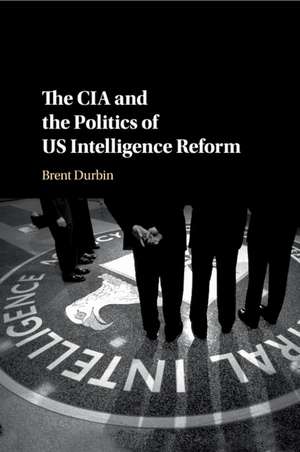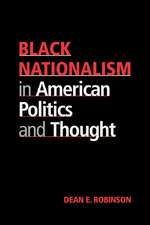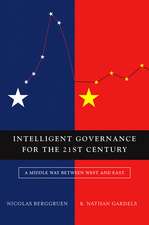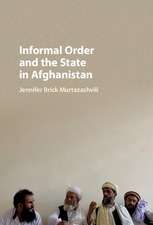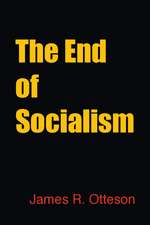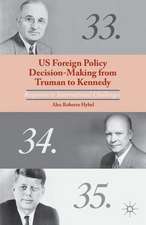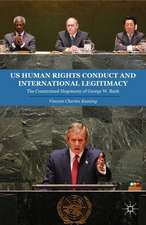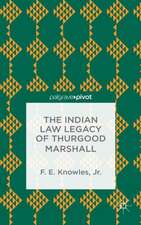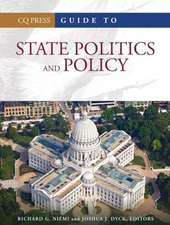The CIA and the Politics of US Intelligence Reform
Autor Brent Durbinen Limba Engleză Paperback – 4 sep 2019
| Toate formatele și edițiile | Preț | Express |
|---|---|---|
| Paperback (1) | 289.78 lei 6-8 săpt. | |
| Cambridge University Press – 4 sep 2019 | 289.78 lei 6-8 săpt. | |
| Hardback (1) | 696.80 lei 6-8 săpt. | |
| Cambridge University Press – 27 iul 2017 | 696.80 lei 6-8 săpt. |
Preț: 289.78 lei
Nou
Puncte Express: 435
Preț estimativ în valută:
55.46€ • 60.22$ • 46.58£
55.46€ • 60.22$ • 46.58£
Carte tipărită la comandă
Livrare economică 22 aprilie-06 mai
Preluare comenzi: 021 569.72.76
Specificații
ISBN-13: 9781316638064
ISBN-10: 1316638065
Pagini: 338
Ilustrații: 1 b/w illus. 2 tables
Dimensiuni: 152 x 228 x 21 mm
Greutate: 0.5 kg
Editura: Cambridge University Press
Colecția Cambridge University Press
Locul publicării:New York, United States
ISBN-10: 1316638065
Pagini: 338
Ilustrații: 1 b/w illus. 2 tables
Dimensiuni: 152 x 228 x 21 mm
Greutate: 0.5 kg
Editura: Cambridge University Press
Colecția Cambridge University Press
Locul publicării:New York, United States
Cuprins
1. Politics, the CIA, and the pathology of intelligence reform; 2. Understanding intelligence reform; Part I. Adapting to the Early Cold War: 3. The founding of US Central Intelligence, 1941–1946; 4. US Intelligence and the early Cold War, 1947–1953; Part II. Adapting to the Collapse of the Cold War Consensus: 5. US Intelligence at the advent of détente, 1968–1974; 6. Politicizing US Intelligence, 1974–1978; Part III. Adapting to the End of the Cold War: 7. Intelligence for a New World Order, 1989–1992; 8. Scandal, study, and stasis, 1992–1996; Part IV. Adapting to the Post-9/11 Era: 9. Intelligence reform after 9/11, 2001–2004; 10. Intelligence in an age of terror, 2004–2015; 11. What have we learned?
Notă biografică
Descriere
This book presents a thorough analysis of US intelligence reforms and their effects on national security and civil liberties.
